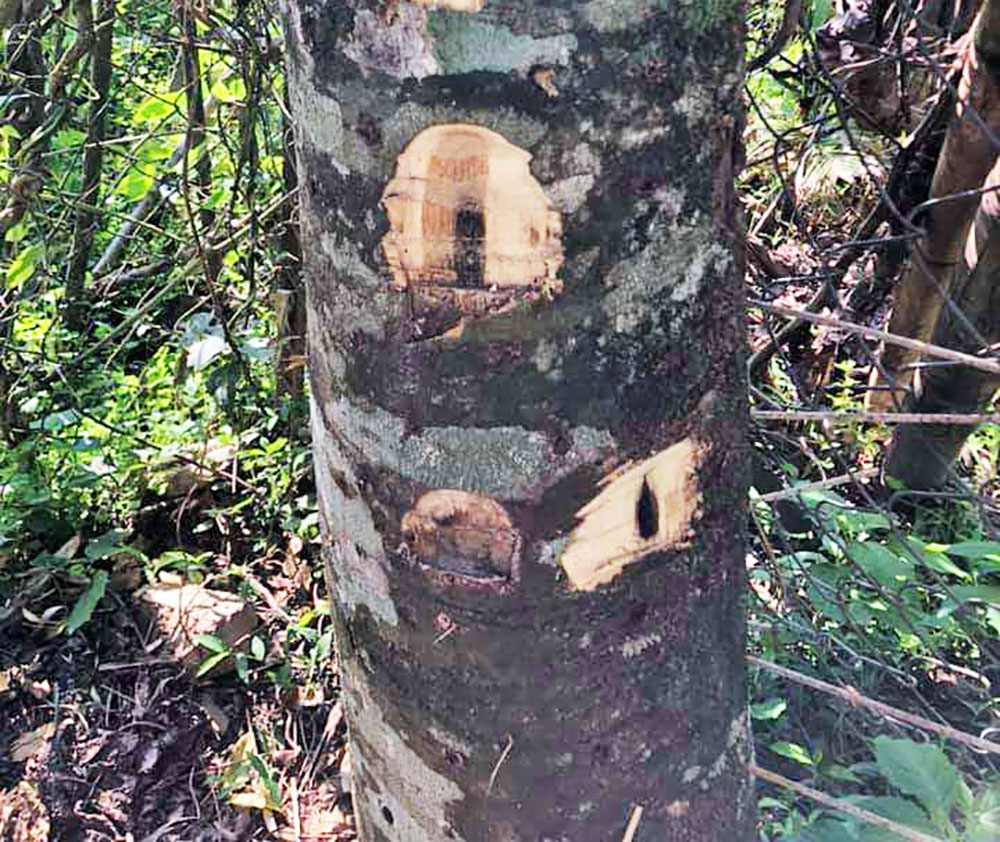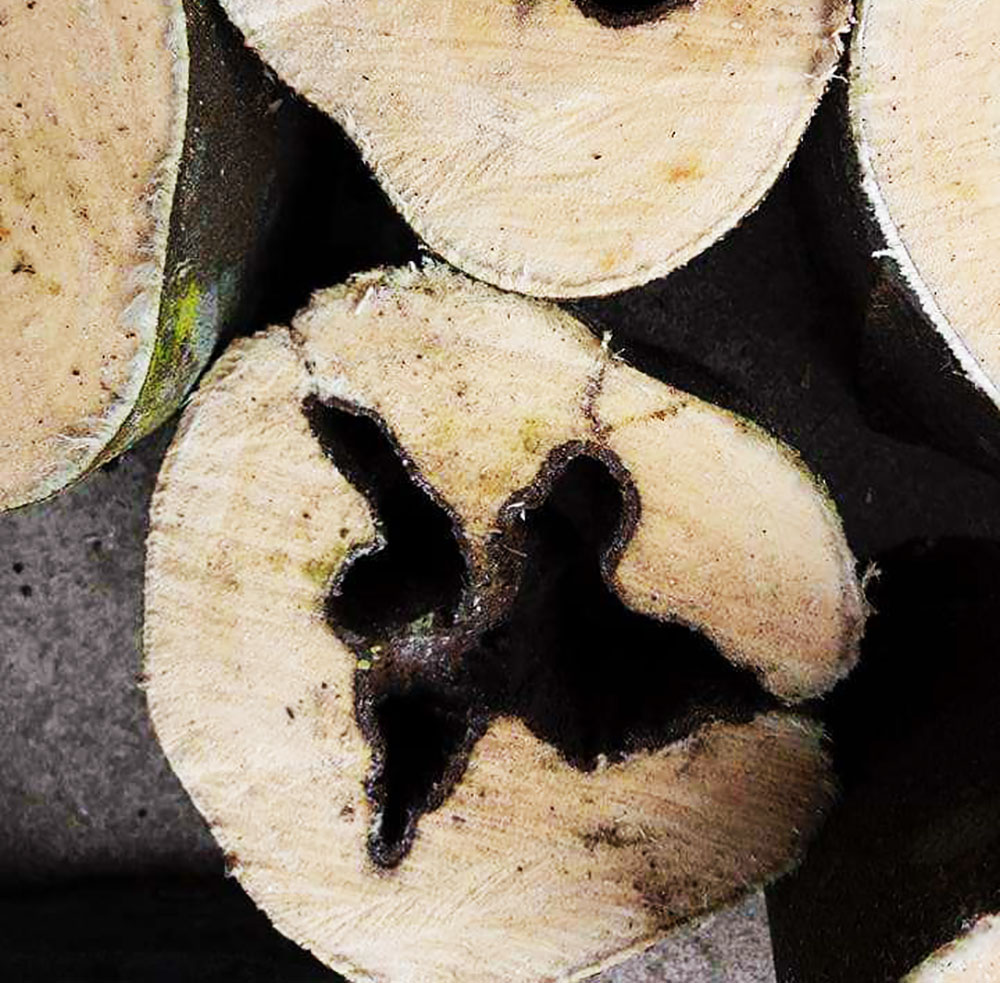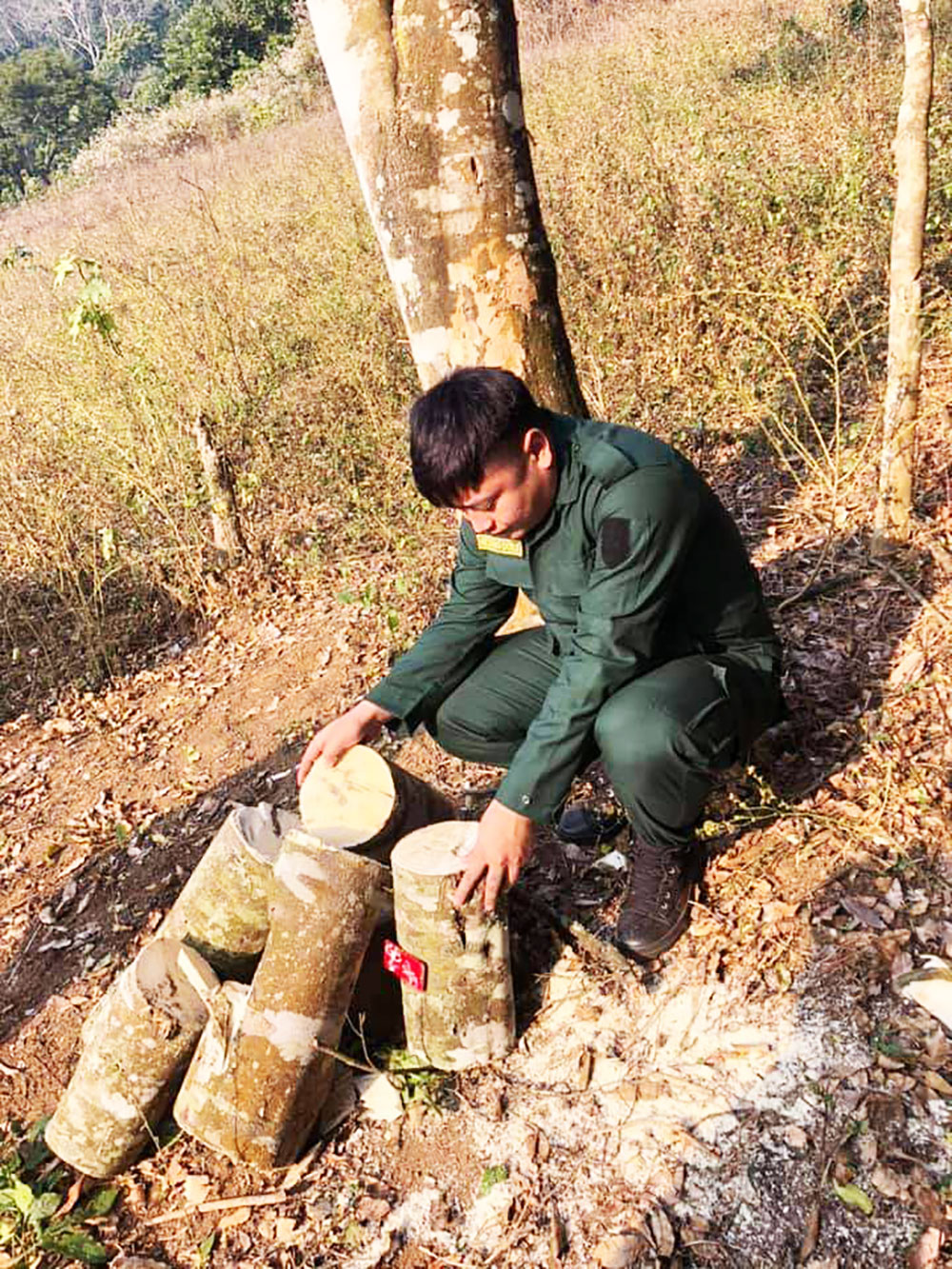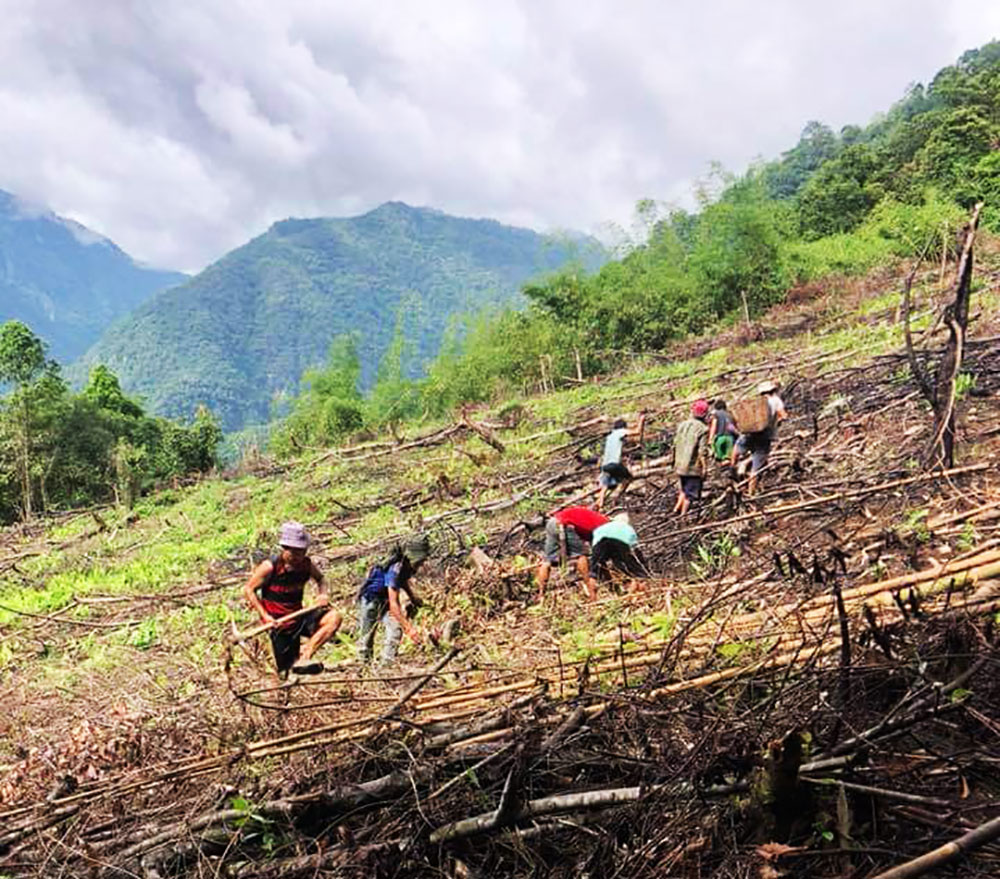KP Sharma
Agarwood growers and exporters in the country can now consider large-scale farming without having to undergo the lengthy bureaucratic export procedures and marketing challenges.
Agarwood is one of the most valuable and expensive woods in the world used in producing medicines, incense, and oil.
The changes come after the Department of Forest and Park Services notified the growers to register and certify their plantations to facilitate export and access essential technical support from the relevant agencies.
The July 17 notification advised the agarwood growers to officially register and obtain certification from the nearest forest office.
As per the notification, the government would offer assistance in providing technical support related to agarwood plantation, inoculation and, the extraction of agar resin.
The notification stated that certification is required for the exports since it requires the International Convention on the International Trade of Endangered Flora and Fauna (CITES) for the issuance of certification and permit.
Rinchen Nidup, the proprietor of Bhutan Agarwood Enterprise based in Goshing, Zhemgang, has over 47,000 agarwood trees on his 20 acres of land.



Despite receiving his licence in 2016, he was able to start his business only in 2018, becoming the founding exporter of agarwood in Bhutan.
According to Rinchen Nidup, exporting agarwood in the past was difficult, given the lengthy procedure from the forest department and National Environment Commission.
However, he has been promoting the idea of agarwood plantation among his fellow villagers and farmers in other dzongkhags as well.
“When I first started the plantation, agarwood was unknown to many, but today every household has their own agarwood trees,” he said, adding that the idea has been gradually adopted by farmers.
He said that the recent notification to the farmers is encouraging as they were struggling with market issues in the past.
Kaka, an agarwood grower in Samtenling (Bhur) and Umling in Gelephu has been involved in agarwood cultivation for over three years and has over 9,000 agarwood trees.
He said that agarwood farming is a highly profitable business and believes that Bhutan has the potential to become the leading exporter among the agarwood-exporting countries. “Investing in agarwood cultivation is a dependable choice as the product yields a good price in the market.”
Like Rinchen Nidup, Kaka actively engages with the community, assisting farmers with tree inoculation and facilitating their export.
“There are individuals with more than 20-year-old trees that remain unattended due to their lack of knowledge and awareness,” he added.
Kaka believes that the government should support the youths in availing loans and encourage them to initiate such farming, as it largely contributes to exports.
He said that following the recent notification from DoFPS, he received a call from the forest office, assuring him of support for importing the necessary chemicals and machinery required for agarwood cultivation.
According to the growers, the cost of agarwood varies based on its quality and fluctuates over time. The price of one kg of agar resin (locally called black) ranges from a minimum of Nu 17,000.
Agarwood trees typically require inoculation approximately two years before they are harvested.
Inoculation is an artificial method used to fasten the maturation of the product.
The growers said that harvesting of a tree usually takes place between eight to ten years, or even earlier, depending upon the tree’s growth rate, which is influenced by the individual care provided by the owner.
During the harvesting process, growers said that the outer white wooden chips also have value in the market.
According to one of the growers, after steaming the wood, a litre of extracted oil can fetch about Nu 700,000 in India and 85,000 USD in the Middle East.
An official from Green Bhutan Corporation Limited (GCBL) said that the Corporation currently has over 10,000 agarwood saplings in their nursery located in Tshobalay.
GCBL initiated the cultivation of these saplings in 2018 in response to the growing demand over the years.
The cost of agarwood saplings fluctuates depending on the location and ownership. In GCBL’s nursery in Tshobalay, a sapling is priced at Nu 25.
If individuals choose to purchase from other private owners the prices can range between Nu 30 to 50 depending on the size of the saplings.


